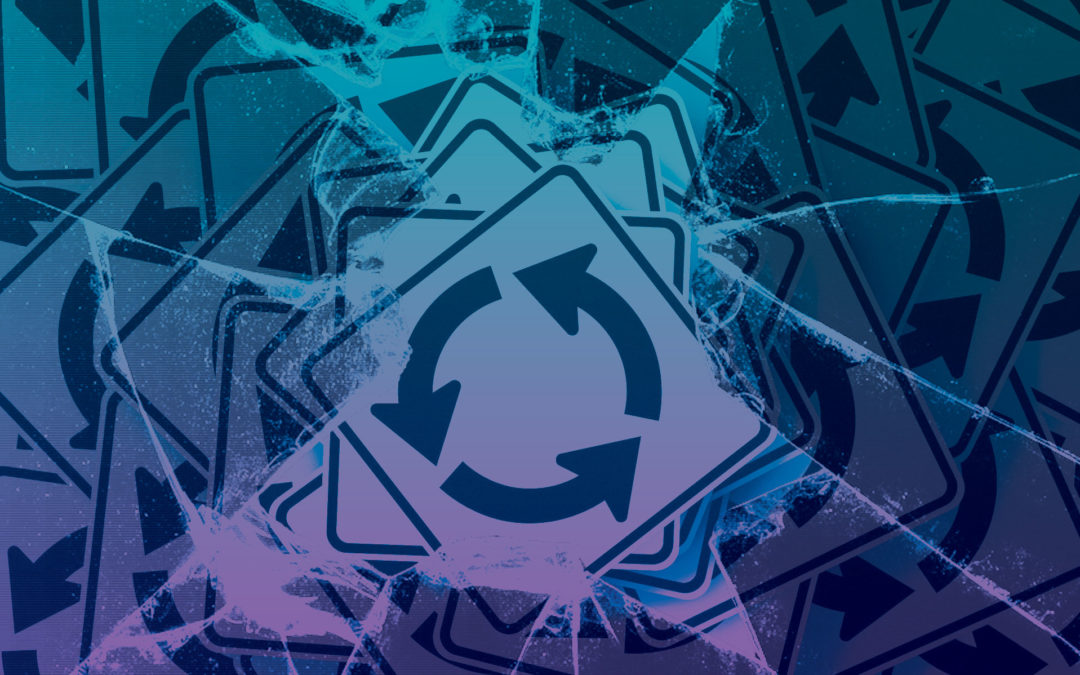Breaking the Substance Abuse Cycle
Nothing is easy about substance abuse. It is difficult to endure, to discuss, and perhaps most of all, to resolve. Addiction recovery can be an extremely challenging process, in large part due to the cyclical nature of drug and alcohol abuse. Habitual behaviors and incidences of relapse can occur for many different reasons, from genetic disposition to environmental influences. In any case, the nature of addiction cycles must be well understood in order to effectively provide treatment.
Learned Behaviors
It is an uncomfortable reality that addiction is a prevalent problem in the United States, one that affects tens of millions of people. This helps to explain data from the Substance Abuse and Mental Health Services Administration, which estimates that more than one in 10 children live in a household where at least one parent abuses drugs or alcohol. While this type of exposure does not automatically predispose a young person to such behaviors themselves, it’s undoubtedly one factor that results in the phenomenon of generational addiction, one of the most common substance abuse cycles.
Of course, observation is not the only way a child might develop an inclination toward substance misuse. A person’s genetics can potentially influence whether casual drug or alcohol use is more likely to graduate to a form of abuse. Furthering this idea, expecting mothers who use so-called hard drugs (such as cocaine and heroin) directly place children in harm’s way by creating risk of dependence and withdrawal symptoms before and at birth.
Individualized Risk Factors
Discussing addiction recovery demands a thorough analysis of all potential influencers, and that conversation does not end with parents or family. Individuals who depend on drugs or alcohol may do so for a wide range of reasons, a few of which might include:
- Inclination to seek out pleasurable experiences
- Desire to cope with anxiety, depression and everyday stress
- Exposure to substances and their use by peers, family members, etc.
When one’s typical surroundings normalize drinking or drug use, individuals are more inclined to engage in such behavior themselves. Beyond the environmental elements, however, are the internal factors that serve to make addiction recovery such a difficult undertaking.
The National Institute on Drug Abuse provides insightful information on the science of the brain, and how it is affected by substance use. Briefly stated, alcohol and drugs produce strong pleasure signals, which in turn produce the desire to pursue those effects more in the future. When this pursuit becomes habitual, it begins to form the initial cycle of addiction—the basic repetition of harmful behavior. The danger evolves when a person tries to reduce or cease their reliance, but continues to gravitate back toward those same self-destructive tendencies.
The Risk of Relapse
Many vices are difficult to cease, from consumption of unhealthy foods to gambling. Drug and alcohol use is no exception, which makes substance abuse recovery challenging to maintain on a long-term basis. The inclination to relapse, or fall back into undesirable habits, is one of the most difficult aspects of the abuse cycle that many people struggle with. It often signals a need for renewed or alternate methods of treatment in order to achieve the desired result.
Clean Recovery Centers provides Day/Night Treatment (DNT) with community housing to help reduce the risk of relapse. This programs gives you a clean and stable environment to build the skills required for lasting addiction recovery. The program is designed around a “community” support system and rebuilding individual coping mechanisms. DNT is a powerful first step to full recovery and prepares you for the full Three-Phase Program.
Three Pillars of Progress
Addiction recovery can seem like an unattainable goal, but it’s achievable with the right plan of action. Clean Recovery Centers differs from traditional rehab centers by employing a unique Three-Phase Approach to substance abuse treatment, a 12-week program that incorporates proven methodology to help you get clean and stay clean. Therapy includes both individual and group sessions, plus assistance reintegrating into society and normal day-to-day life. Learn more about the program today and get started on your path to a successful recovery.
SOURCES
- https://drugfree.org/learn/drug-and-alcohol-news/new-data-show-millions-of-americans-with-alcohol-and-drug-addiction-could-benefit-from-health-care-reform/
- https://americanpregnancy.org/pregnancy-health/illegal-drugs-during-pregnancy/
- https://link.springer.com/article/10.1007/s002130100917
- https://www.drugabuse.gov/publications/drugs-brains-behavior-science-addiction/drugs-brain
- https://www.drugabuse.gov/publications/media-guide/science-drug-use-addiction-basics


